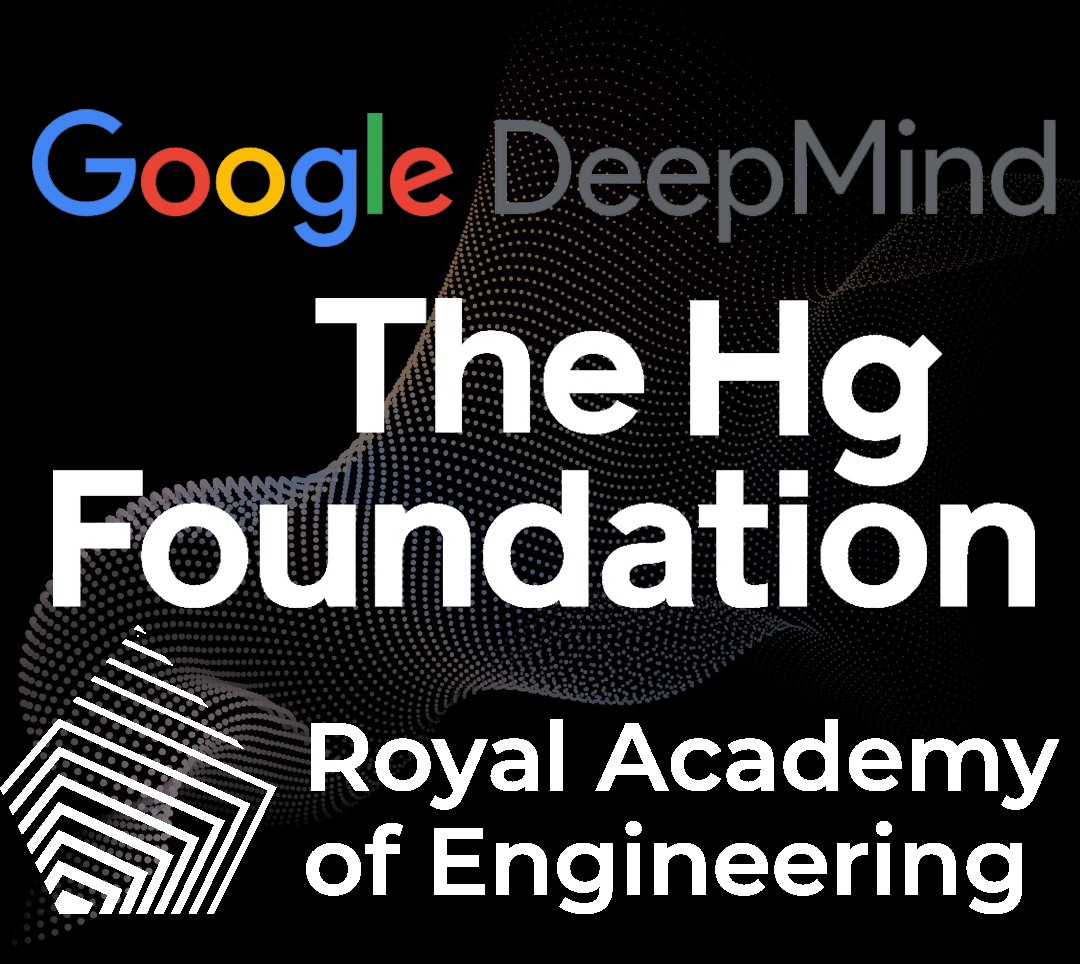Google DeepMind Research Ready Internship Scheme 2025
"It helped me realise what I want to do in the future. I want to be a researcher now." ~ Zofia Wilk, BSc Theoretical Physics
For details on how to apply for the 2026 internship scheme, click here.
In June 2025, the APRIL AI Hub launched a transformative eight-week internship programme in partnership with the Google DeepMind Research Ready scheme. Designed to support students from underrepresented groups in AI and related fields, the programme aimed to provide meaningful research experience, foster inclusive academic engagement, and nurture the next generation of researchers and innovators.
Twelve talented undergraduate students joined the programme, representing a wide range of academic disciplines—engineering, computer science, chemistry, and physics— coming from leading institutions across the UK. These included the University of Stirling, University of Edinburgh, University of Glasgow, University of Leeds, University of Manchester, University College London (UCL), and the University of Southampton.
Each student was matched to a research project within the APRIL AI Hub, aligned with their interests and skill sets, and supported by a combination of academic supervisors, PhD mentors, and, in some cases, industry collaborators.
The internship was designed not just as a technical placement, but as a holistic experience. Alongside their research, interns participated in structured outreach activities, ranging from workshops with schoolchildren to digital literacy sessions with older adults, bringing AI discussions to a wide audience and improving their science communication skills. Weekly social events and team-building activities, including Friday fun sessions and collaborative challenges, helped foster a strong cohort identity and a supportive peer network.
This immersive environment provided interns with early exposure to academic research culture, encouraged interdisciplinary thinking, and helped build confidence in their future career paths; whether in postgraduate study, applied research, or industry innovation. It also reinforced APRIL’s commitment to widening participation in AI and semiconductors, and strengthening the UK’s future talent pipeline in emerging technology fields.
Intern Projects:
-
Uncertainty Quantification and Validation of Neural Network Models of Complex Physics
-
Leveraging Parameterized PINNs for Efficient Reinforcement Learning in Optimal Control of Electronic Devices
-
LLM-Driven Bit-Accurate Functional Verification for Digital Circuit Design
-
Smart Report Parser for FPGA-Oriented EDA Tools
-
Carrier Mobility-Conditioned Material Design
-
AI-Driven Inverse Design of Gate Dielectrics
-
Representing electronic circuits as GNNs & cellular sheaves
-
Comparison of Machine Learning-Based Interatomic Potentials for Property Prediction of Electronic Materials
-
"Integrating Multi-Physics Modelling and Machine Learning in Spintronics: Enhancing Micromagnetic Simulations through Automation
-
Machine Learning for Skyrmion Dynamics under Multi-physics Coupling: Enhancing Micromagnetic Simulations through Automation
-
Advancing Beyond CMOS: TCAD Modelling for Circuit Layout Optimization and System Deployment
-
AI-Driven Calibration of TCAD Simulations for SPAD devices
